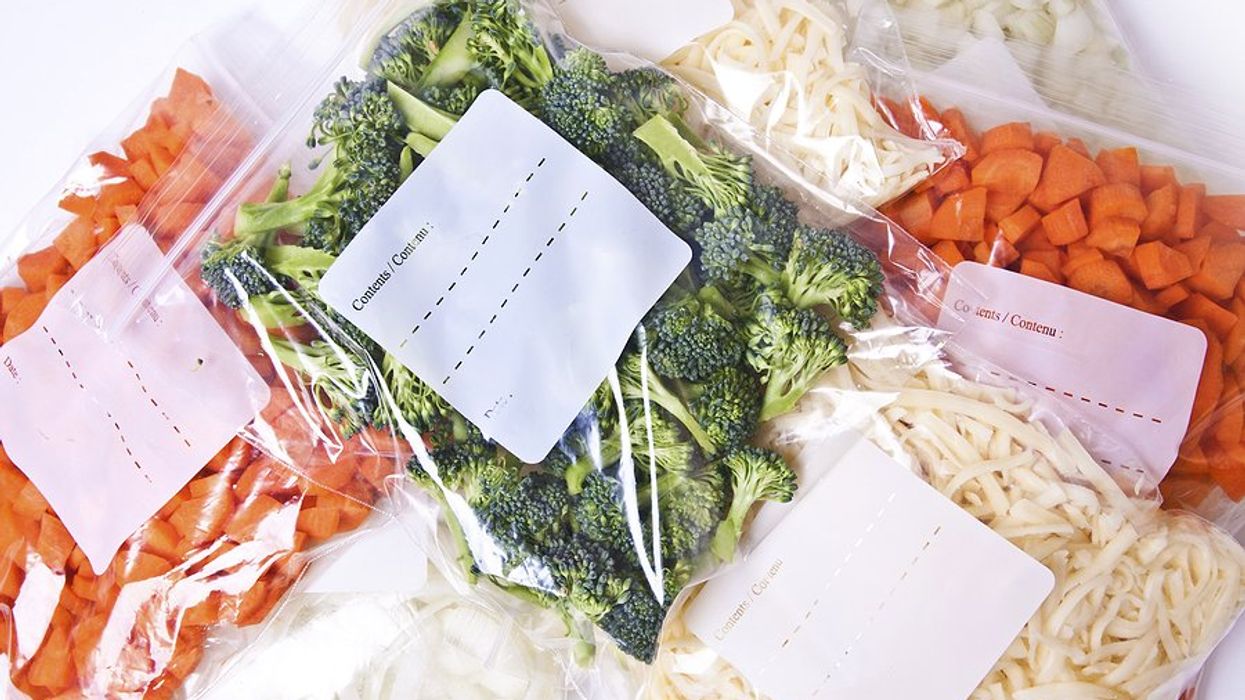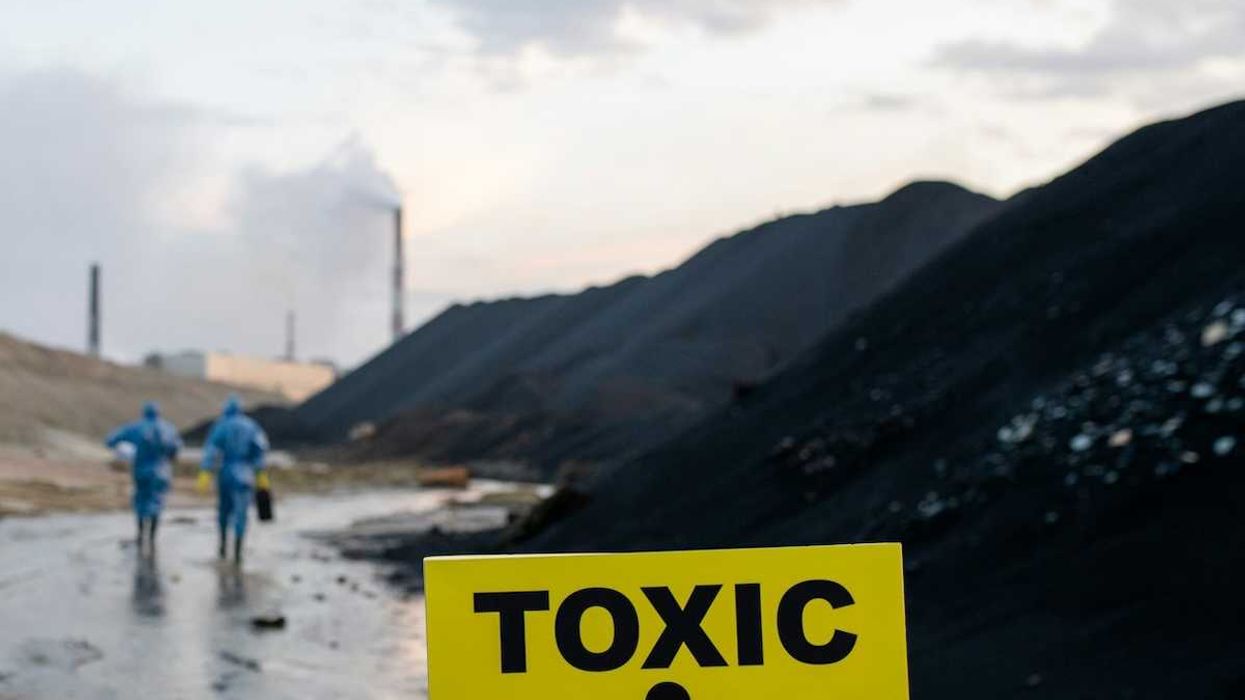Farmworkers and pesticide applicators exposed to carbaryl face significantly higher risks for stomach, esophageal, tongue, and prostate cancers, according to a new federal study.
Brian Bienkowski reports for The New Lede.
In short:
- A National Cancer Institute study found that applicators in Iowa and North Carolina who used carbaryl extensively were twice as likely to develop stomach cancer and had significantly higher rates of several other cancers.
- The study used decades of data from the Agricultural Health Study and linked cancer rates with self-reported pesticide use, factoring in exposure levels and protective equipment.
- Carbaryl, sold under the brand Sevin, remains widely used in the U.S. despite a 2007 European ban and known cancer risks; about 700,000 pounds are applied on crops annually, and two million pounds near buildings, turf, and roadways.
Key quote:
It is "tragic that we allow products like this to be registered for use and we keep them on the market despite mounting evidence of health harms."
— Alexis Luckey, executive director of Toxic Free NC
Why this matters:
Carbaryl is just one of many pesticides used across U.S. farmlands that have been linked to cancer, reproductive harm, and ecological damage. Despite growing scientific consensus about the risks, many remain legal and widely applied in agricultural and residential settings. Farmworkers and applicators — often rural, low-income, or immigrant communities — bear the brunt of exposure. The EPA recently acknowledged that carbaryl also threatens dozens of endangered species and critical habitats, underscoring broader environmental costs. In places like Iowa, where cancer rates are climbing, researchers are calling it a public health crisis tied to chemical exposure in agriculture.
Related EHN coverage: Agricultural pesticide exposure linked to childhood cancers, study says














